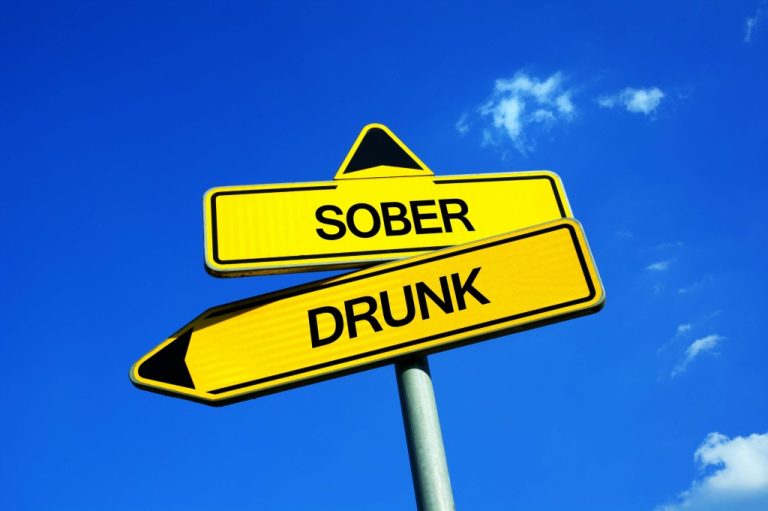The hazard ratio for abstinence compared to consumption of 1–14 drinks per week for developing any kind of dementia was 1.47, after adjusting for confounders (extensive assessment of sociodemographic data and cardiovascular health data). Diagnosis was made through linkage with mental health services data set, mortality register and national hospital episode statistics. Alcoholic dementia, or alcohol-related dementia, is a severe form of alcohol-related brain damage caused by many years of heavy drinking.
While under the effects of alcohol they may fall and hit their head, or receive blows to the head in fights or as victims of violence. Regularly drinking too much alcohol damages blood vessels in a person’s brain and can lead to high blood pressure. Both increase their risk of having a stroke (when the brain does not get enough oxygen and is damaged). If a person regularly drinks too much alcohol it can be toxic to their nerve cells.
Connection Between Alcohol & Brain Damage
The sooner you treat alcohol-related dementia, the better your chances of recovery. Once the withdrawal process is over, you’ll likely be referred to a mental health professional for extra support. Joining a support group can also be helpful at this stage of treatment. The first part of treatment for alcohol-related dementia aims to help you stop drinking alcohol. This can take several weeks, and you may need to do this under medical supervision.
- They will also need to take high-dose thiamine (vitamin B1) tablets and eat a healthy, balanced diet, and have counselling or ‘talking therapies’.
- For reference, one unit is considered a half pint of beer or a small glass of wine.
- Lewy body dementia is another progressive type of dementia that causes an accumulation of proteins called Lewy bodies in various brain areas.
- It aims to stop the person drinking alcohol and make their health more stable.
- In contrast, other studies report that alcohol use does not impact the risk of dementia.
- For example, even if no alcohol is consumed for several days or weeks, and then many units are consumed on one occasion, this can still increase health risks [9][11].
But when the team looked at only the early-onset dementia cases, the percentage was much higher. Certain risk factors — such as aging, smoking, and depression — are already known, but the role of alcohol has proven more difficult to pin down. That is why UK guidelines advise men and women to drink no more can alcoholism cause dementia than 14 units of alcohol a week, equivalent to six pints of average-strength beer or seven glasses of wine. The one clear way to prevent or treat alcohol-related dementia is to stop drinking as soon as possible. By removing the causative factor, the progression of alcohol-related dementia can be stopped.
Damage to blood vessels
If this is untreated, it can lead to mild cognitive impairment or various types of dementia, such as Alzheimer’s disease [3][5]. A large-scale study that followed participants for 27 years found moderate alcohol consumption — defined as one to two drinks a few days a week — didn’t have an increased risk https://ecosoberhouse.com/ of dementia. While light or moderate drinking may protect against the development of Alzheimer’s disease, chronic alcohol use over an extended period can cause irreversible brain damage. This excessive consumption puts a person at risk of various brain diseases, including AD, stroke, and heart disease.

It is not easy to help a person with alcohol addiction to stop drinking. However, it can be even more challenging when the person has alcohol-related ‘dementia’. Problems with thinking and reasoning (caused by dementia) can prevent a person from understanding that they need to stop drinking. For example, if the person stops drinking alcohol, takes high doses of thiamine and starts eating a balanced diet. However, if the person keeps drinking alcohol and doesn’t eat well, alcohol-related ‘dementia’ is very likely to get worse.
Wernicke Korsakoff Syndrome
There is currently a debate among scientists about the extent to which alcohol by itself damages the brain, as opposed to the damage from thiamine deficiency. If the person is still addicted to alcohol, treatment for the addiction is the first step, and many forms of help are available. Moderate alcohol drinking is classified as drinking one alcoholic drink a day for women and two a day for men. Light drinking describes those who drink less than moderate drinkers but more than those who totally abstain from alcohol.
- If a person has alcohol-related ‘dementia’ they will struggle with day-to-day tasks.
- All of the information gathered during the diagnostic process will also help them rule out other types of dementia, including Alzheimer’s disease or vascular dementia.
- Multiple alcohol-related cognitive syndromes have been described, of which the two most important are alcohol-related dementia (ARD) and Wernicke-Korsakoff syndrome (WKS).
- Therapy for alcoholic dementia can include management of AUD, nutritional supplementation to compensate for nutrient deficiencies, and exercises to help improve cognition (thinking abilities) and motor skills.
- The alcoholic dementia symptoms are varied, and this health condition can be influenced by two important factors such as Wernicke’s encephalopathy and the Korsakoff syndrome.
